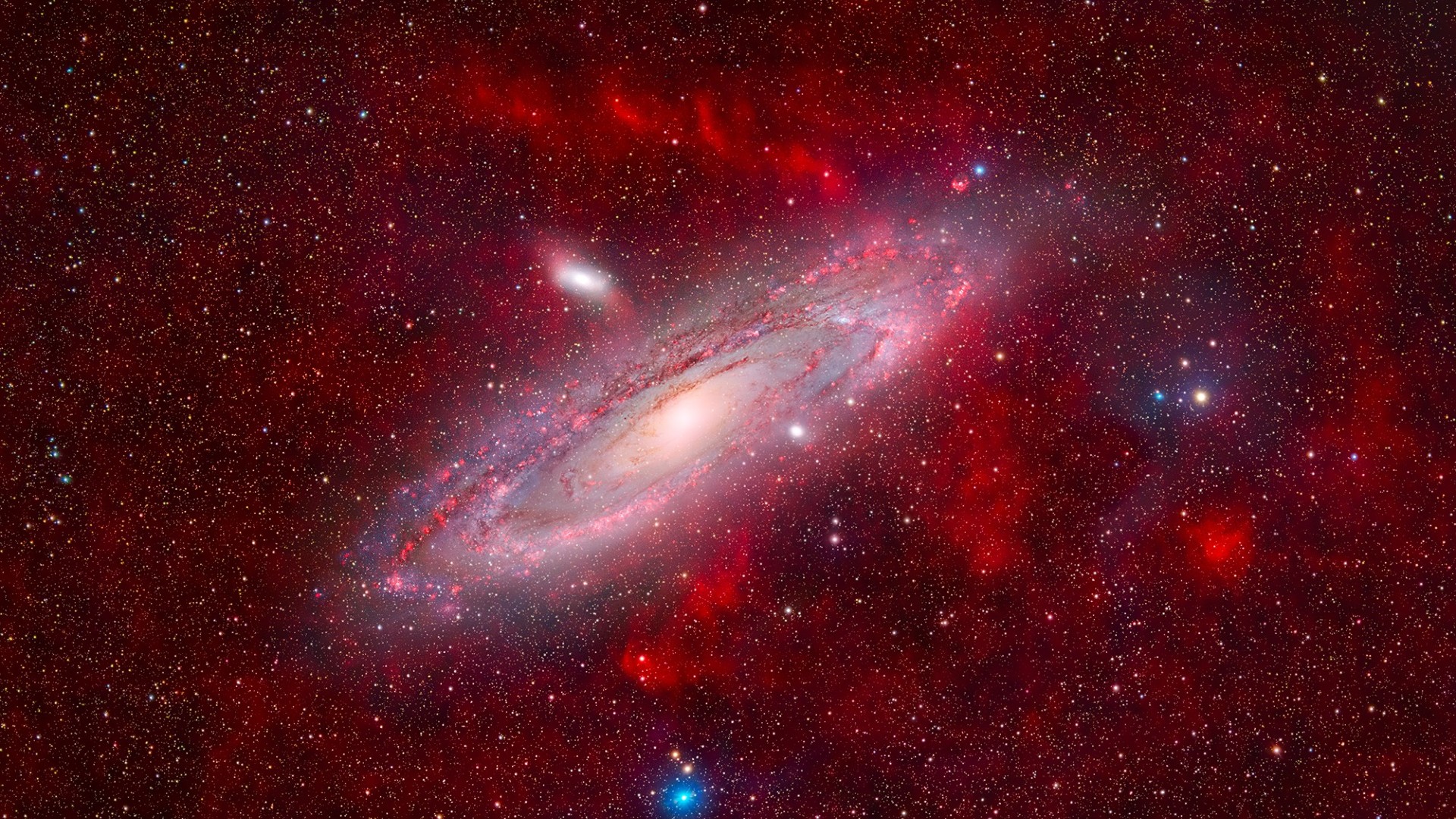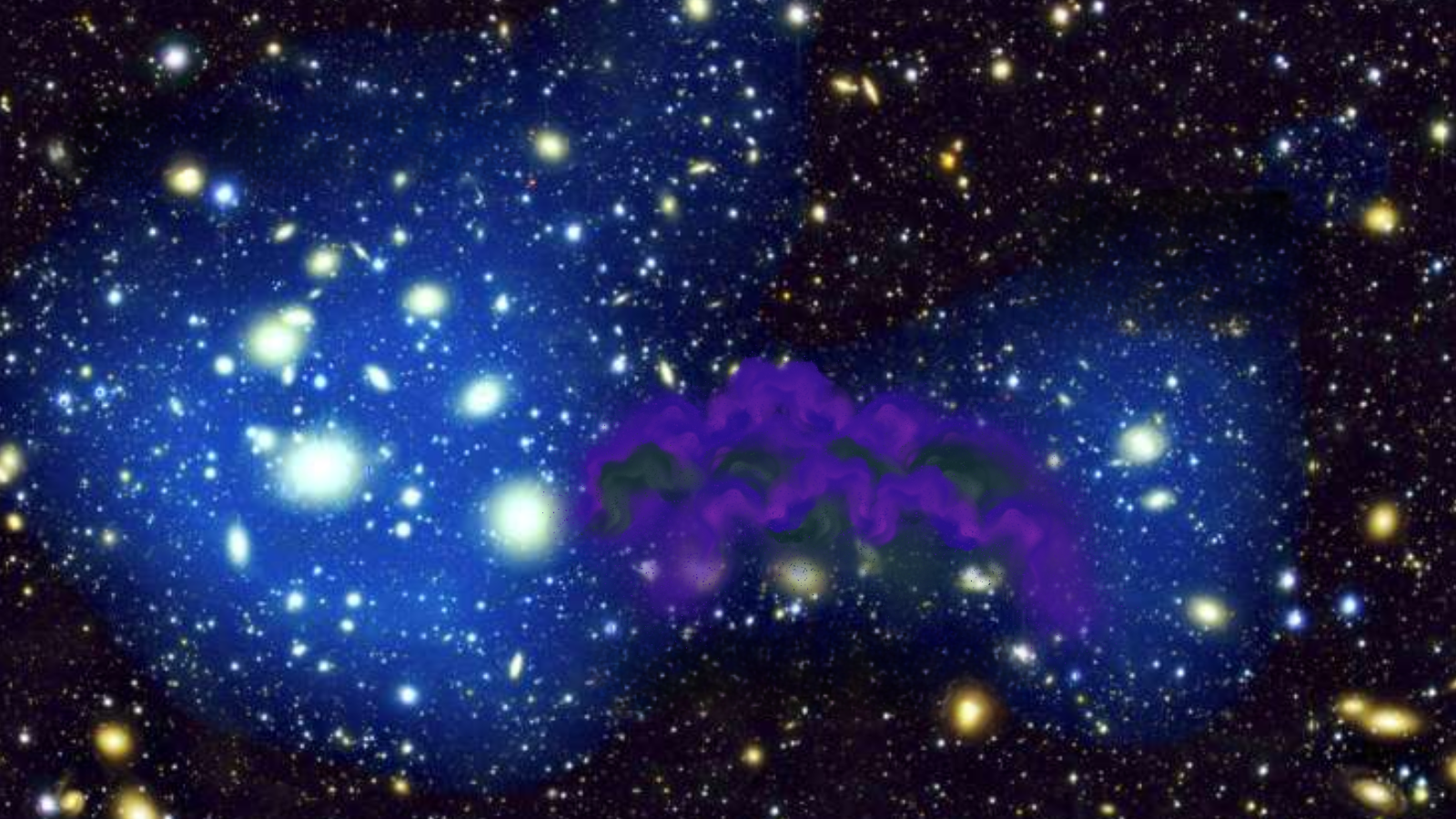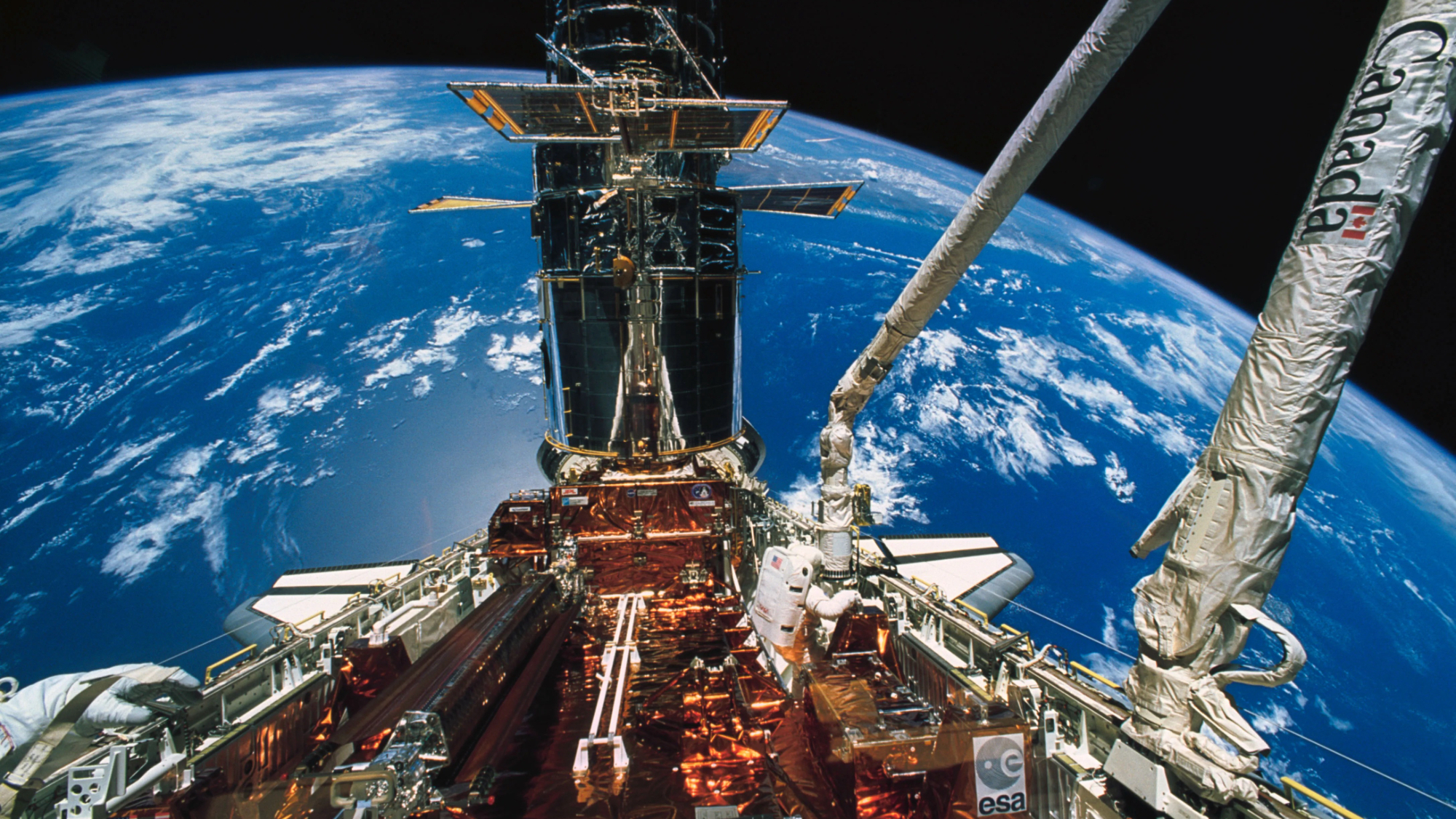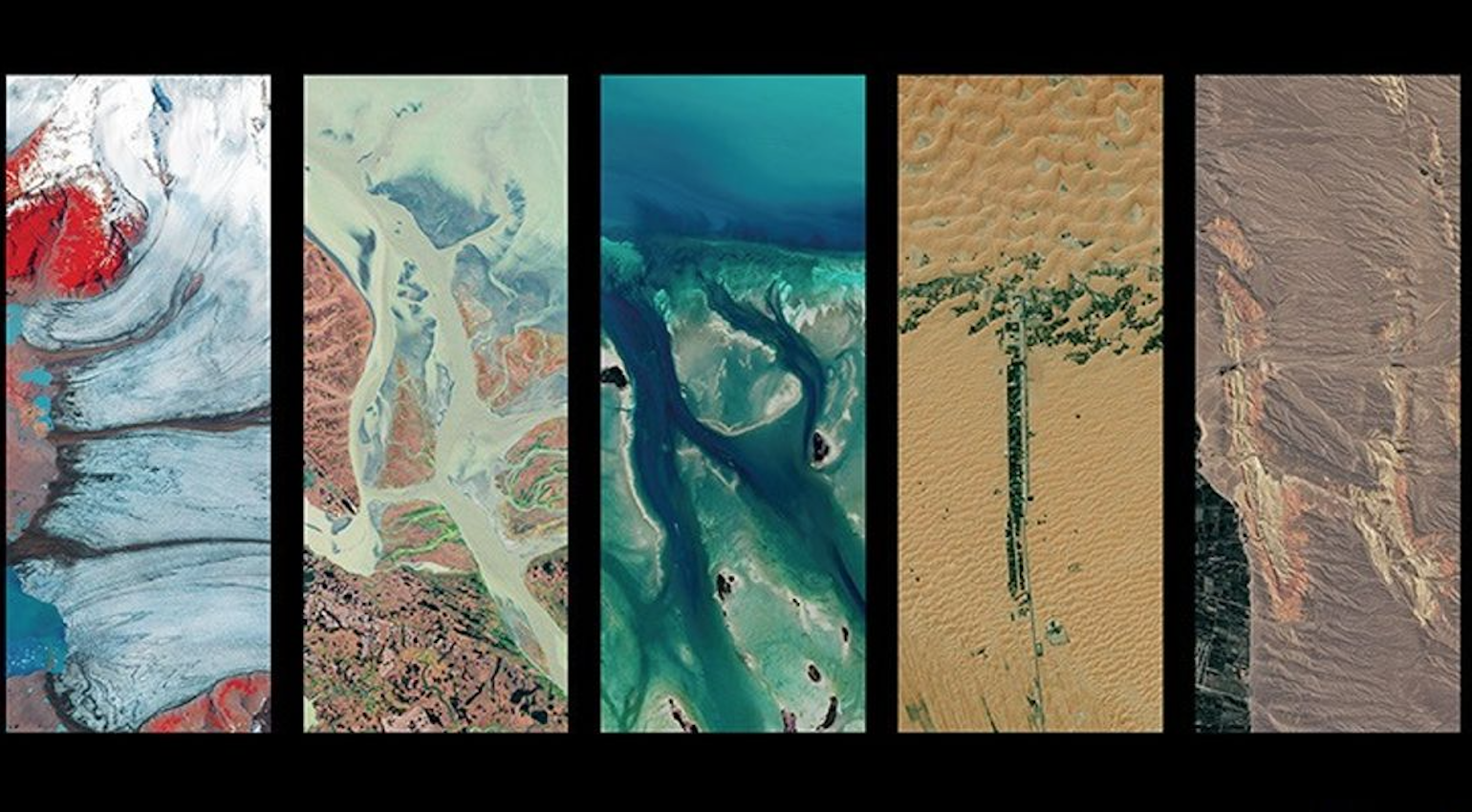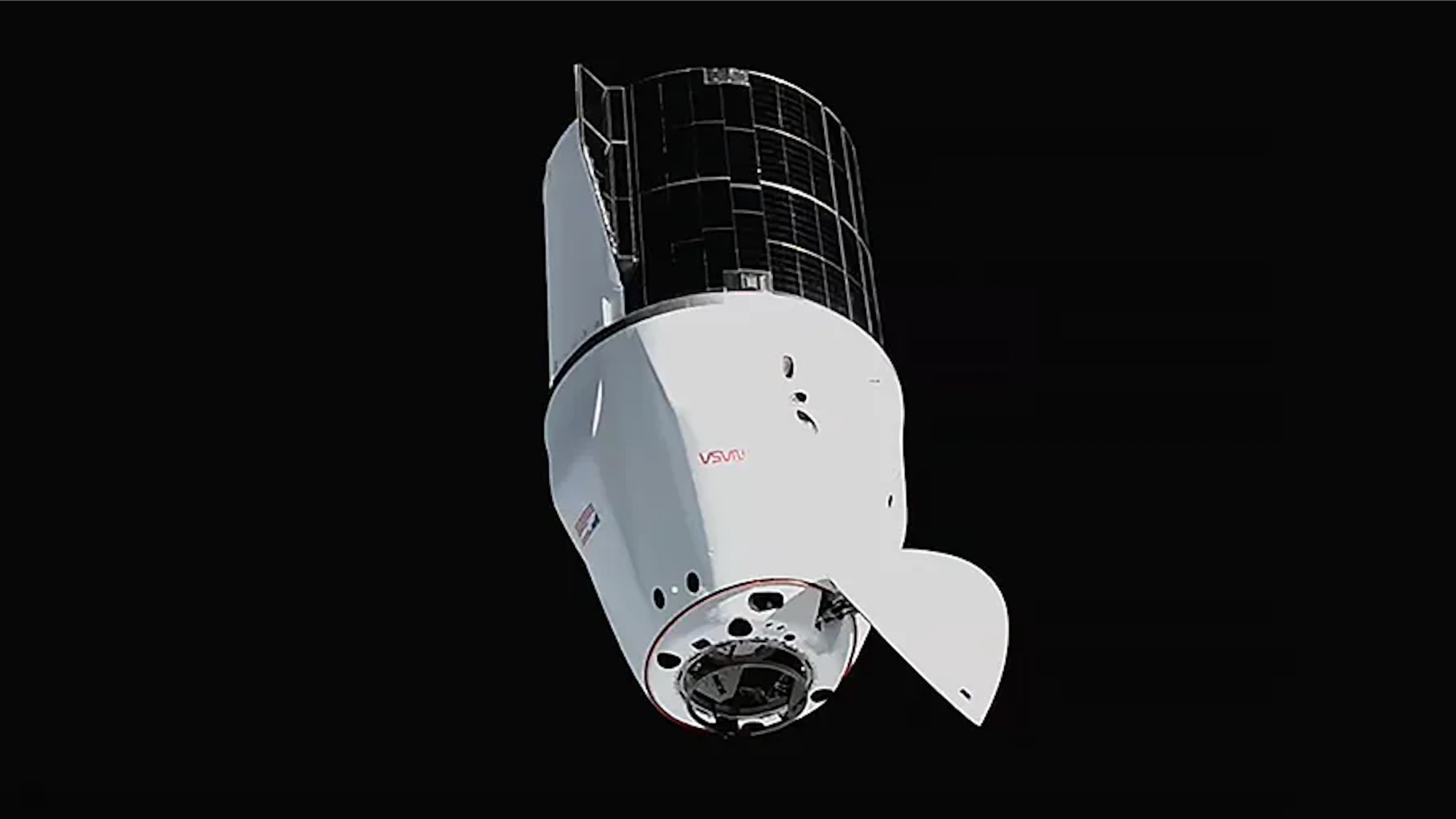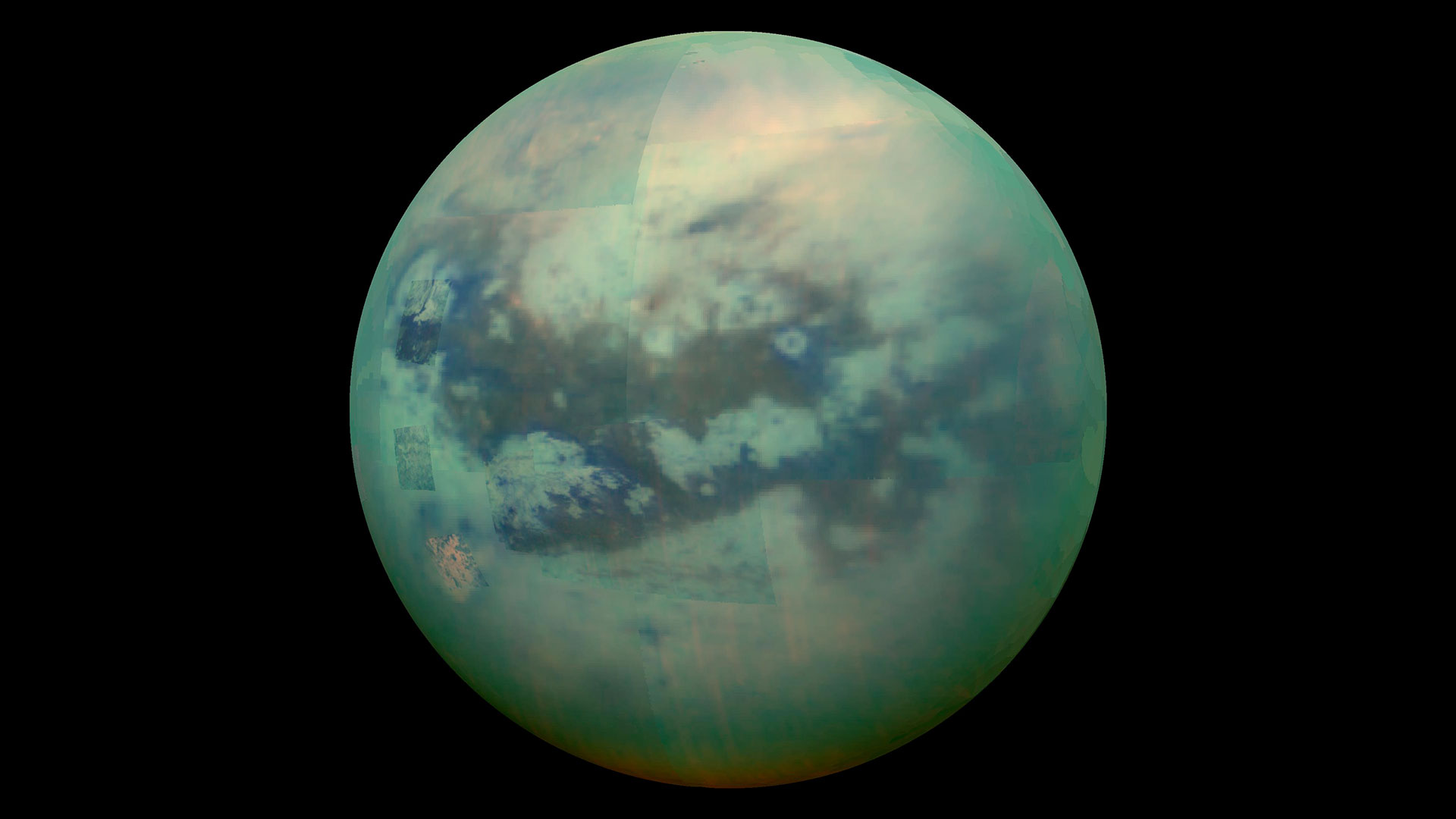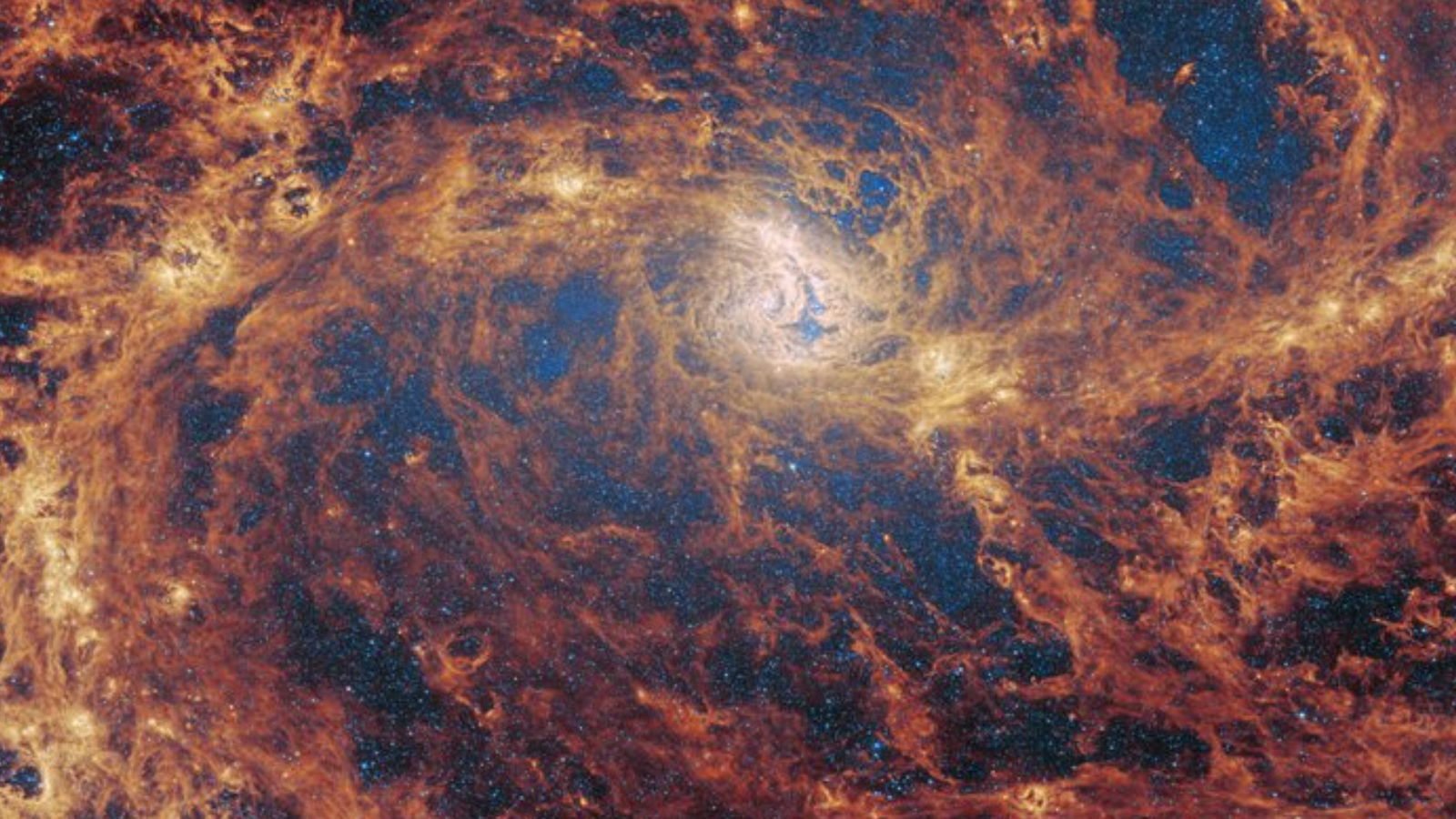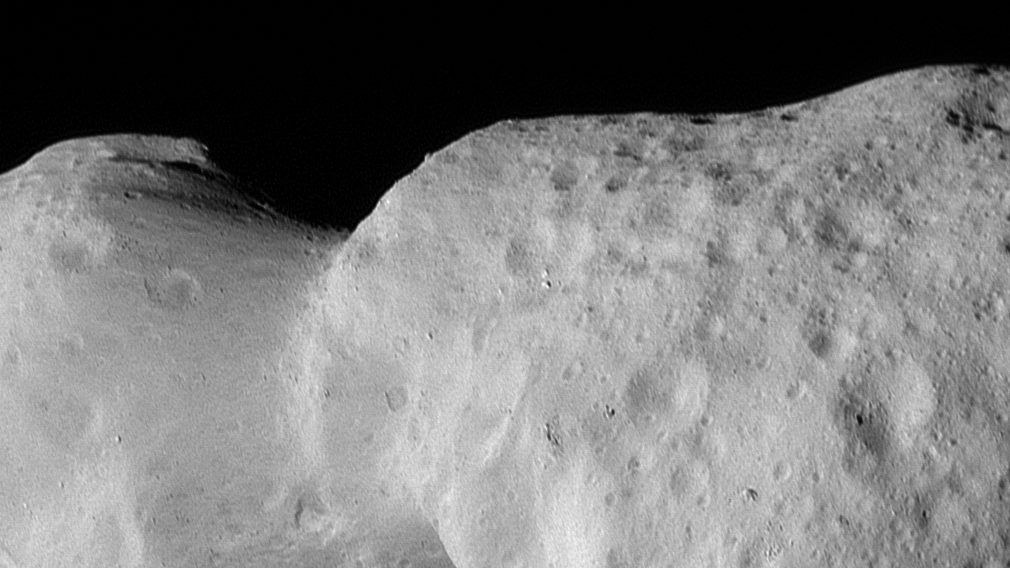Is Earth Unique or Is Life Common Across the Universe?
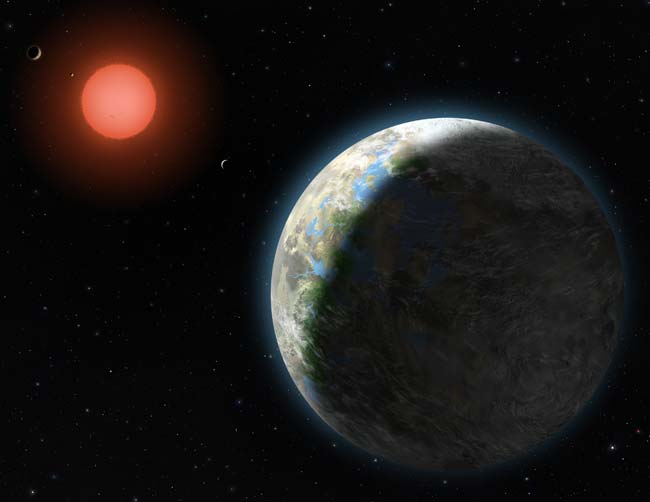
NEW YORK ? The discovery of Gliese 581g, an alien planetorbiting in the habitable zone of its parent star, has added new fuel to the debateover the uniqueness of Earth and whether life exists elsewhere in our universe.
"Any planet is unique in its details, but what we'rereally asking is: are the general properties of Earth something we can expectto be common in the galaxy, or rare?" said astrophysicist Neil deGrasseTyson, director of the Hayden Planetarium at the American Museum of NaturalHistory, this week.
Tyson spoke during a Sunday (Oct. 10) panel discussion hereto commemorate the 10th anniversary of the museum's Rose Center for Earth andSpace. The panel's chief topic: the possibility of extraterrestrial life, andwhether or not Earth is truly one-of-a-kind.?
The Gliese581g finding ignited the scientific community because the exoplanetwas found in the habitable zone of its star ? a region where a planet's rangeof temperatures could sustain liquid water on its surface.
This area is also known as the Goldilocks zone, becausesurface temperatures are neither too hot nor too cold, meaning liquid water andother potentially life-supporting conditions could be found on the exoplanet.
"On Earth, where there is liquid water, there islife," Tyson said. "So, water is a tantalizing tag for us as weconduct our searchfor life in the universe."
The expert panel discussion occurred a day before somescientists cast doubt on the existence of Gliese 581g. The planet'sco-discoverer Steven Vogt said he standsbehind the planetary find.
Get the Space.com Newsletter
Breaking space news, the latest updates on rocket launches, skywatching events and more!
Earth as a model
In order to determine the conditions required to nurture andsustainlife on other planets, understanding our home planet is a good place tostart.
"The Earth is undoubtedly rare in the solarsystem," said Don Brownlee, a professor of Astronomy at the University ofWashington in Seattle, during the panel. "If you think of the universe asa whole, it's almost a totally hostile place."
Even on Earth, the existence of animals and humans make uponly a small sliver of the planet's history.
"Earth will last about 10 billion years, yet it took 4billion years of geological and biological evolution on our planet to getanimals on it," Brownlee pointed out. "Earth has changed a lot. Evenif there was life on Earth for most of its lifetime, it was microbial life, notanimal life."
Still, there are unique mechanisms at work on our planetthat help maintain its habitability, such as the complex movement of itstectonic plates, which drives earthquakes and volcanic activity, andcontributes to our planet's atmosphere and climate stability.
"Tectonics stopped on Mars and it lost itsatmosphere," said panel member Paul Falkowski, a professor of Geologicaland Marine Sciences at Rutgers University in Newark, N.J. "On Venus, it'smuch too hot for life to exist as we know it. Earth is the only one in theso-called habitablezone."
If life was found on another planet in our solar system ?for instance, on Mars ? the discovery would be very telling of our chances offinding life elsewhere in the universe, said another member of the panel, ChrisMcKay, a research scientist at NASA's Ames Research Science Center in MoffettField, Calif.
"Right here in our solar system, if life started twice,that tells us some amazing things about our universe," he said. "Itmeans the universe is full of life. Life becomes a natural feature of theuniverse, not just a quirk of this odd little planet around this star."
A matter of time and patience
So, is life unique to Earth, or could it be common in ouruniverse? And if it is common, how close are we to finding extraterrestriallife?
"I'm much more optimistic that, in my lifetime, we'regoing to know the answer to, 'Are we alone?' [before we know] the origin oflife," Falkowski said.
And while some panelists disagreed on whether Earth itselfis unique, they were more readily able to agree that finding some form of alienlife ? be it microbial or otherwise ? is only a matter of time.
"I would say that Earth-like planets are common,"said Fred Adams, a professor of Physics at the University of Michigan in AnnArbor. "The planetary properties and the beds for forming life, we'rethere already. Life is just a physical process, and physical processes happeneverywhere. It would be remarkable if life in some form isn't common."
- POLL: Does Alien Planet Gliese 581g Really Exist?
- Gallery:The Strangest Alien Planets
- AMillion Questions About Habitable Planet Gliese 581g (Okay, 12)
Join our Space Forums to keep talking space on the latest missions, night sky and more! And if you have a news tip, correction or comment, let us know at: community@space.com.

Denise Chow is a former Space.com staff writer who then worked as assistant managing editor at Live Science before moving to NBC News as a science reporter, where she focuses on general science and climate change. She spent two years with Space.com, writing about rocket launches and covering NASA's final three space shuttle missions, before joining the Live Science team in 2013. A Canadian transplant, Denise has a bachelor's degree from the University of Toronto, and a master's degree in journalism from New York University. At NBC News, Denise covers general science and climate change.
